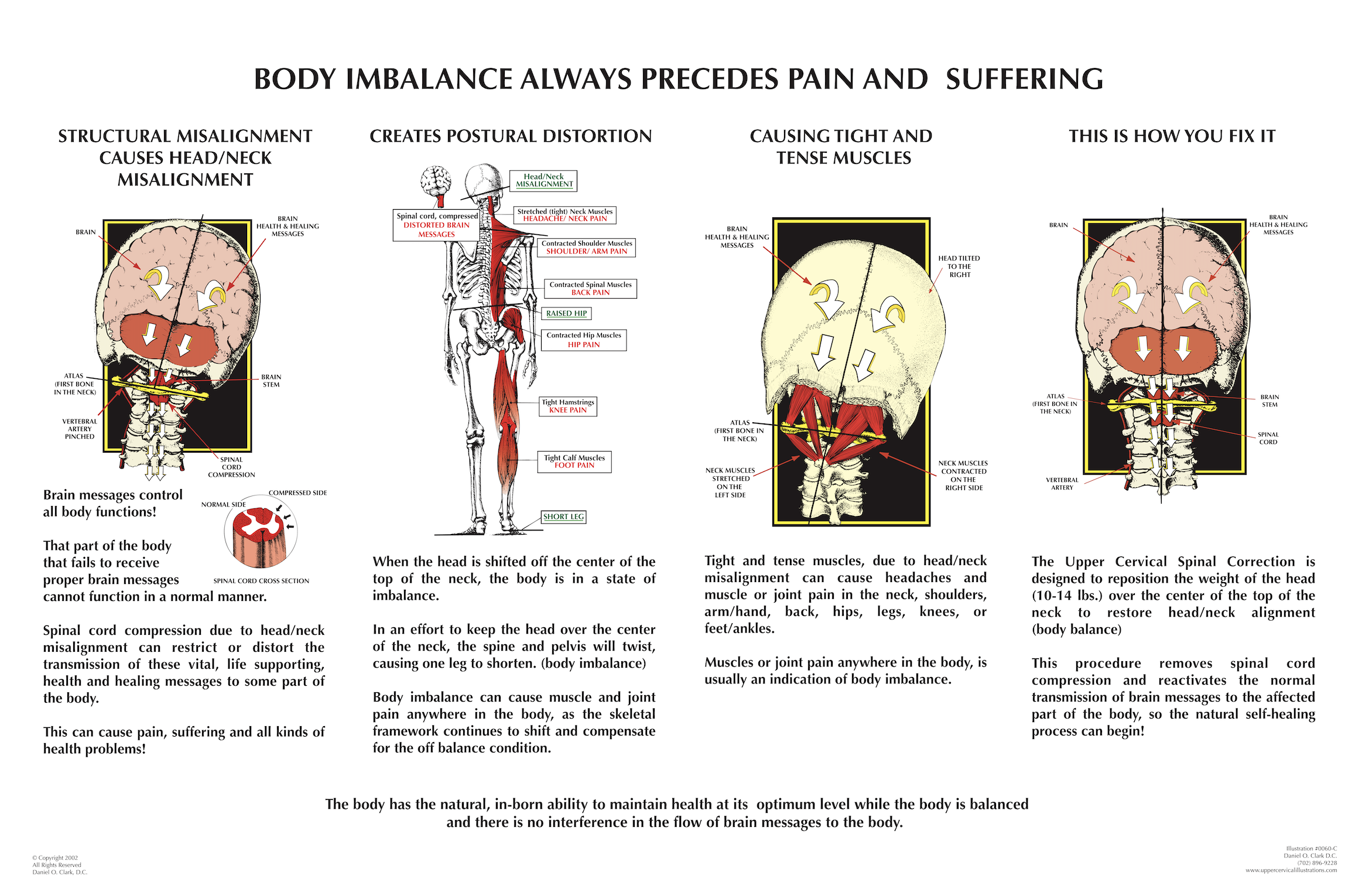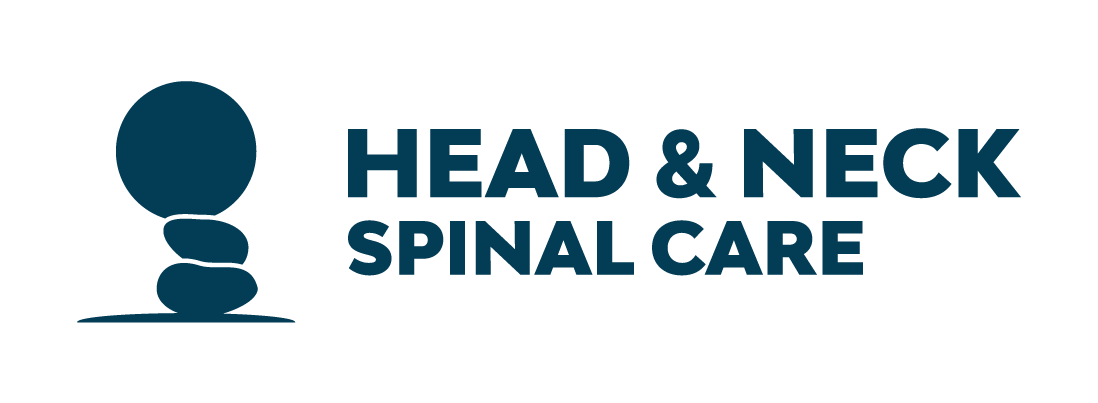
What is NUCCA?
The goal is to restore body balance and nerve functions by precisely correcting the head and neck spinal misalignment, so the body can heal better.
NUCCA procedure provides unique solution to complex health problems related to brain and spine disorders. The goal is to restore body balance and nerve functions by precisely correcting the head and neck spinal misalignment. By fine-turning the head and neck spinal alignment, we can restore the body balance and posture to a more central position. As a result, the body weight distributes more evenly as body adapts to a better balanced position.

The National Upper Cervical Chiropractic Association (NUCCA) has developed a system of precise analysis to transfer the exact corrective force needed to realign the head, neck, and atlas (C-1) spine. This advanced procedure allows us to adjust this complex area of the spine using minimal force, without twisting or cracking.
Precise and Gentle Correction That Lasts
NUCCA chiropractor utilizes a holistic approach to plan out restorative program for restore nervous system functions. Some of the assessments include weight distribution assessment, visual and proprioceptive balance assessment, cervical spine joint proprioceptive assessment, and etc. We aim to maintain the correction and to build stability over time.

*Reprinted with permission from Daniel O. Clark, D.C. Copyright 2022 www.uppercervicalillustrations.com
A Simple Solution to Complex Health Issues
When there’s a misalignment in the upper neck (craniocervical junction), this will interfere with the functionality of the nervous system, and this can translate into chronic pain. NUCCA (National Upper Cervical Chiropractic Association) chiropractic focuses on precise and gentle corrections of the upper cervical spine, which results in steady return toward good health over time.
Do you have any following symptoms?
all types of headaches, migraine, dizziness, loss of balance, disequilibrium, numbness, tingling, chronic neck pain, arm pain, facial pain, jaw pain, facial pain, back pain, sciatica, post concussion related symptoms, and more.
Prior Accidents and Injuries
A car accident or a sports injury can be one of the many things that cause the atlas (c-1) spine to misalign. If someone has ever experienced a significant impact to the body such as a car accident, a sports injury, a fall or a bump to the head, then a force to your neck cannot be avoidable. Sometimes, an injury to the head and/or neck can cause damage to the tissues surrounding the upper neck joint. This results in spinal instability that can result in twisted body posture that remains locked causing further weakness and deterioration in the spine.
The upper neck misalignment can result in:
(1) posture distortion (body twist, poor posture)
(2) shifted body weight distribution
(3) a short leg on one side
(4) balance and coordination dysfunctions (eye-ear-posture coordination)
(5) disrupted blood flow to and out of the brain
(6) disrupted CSF flow to and out of the brain

